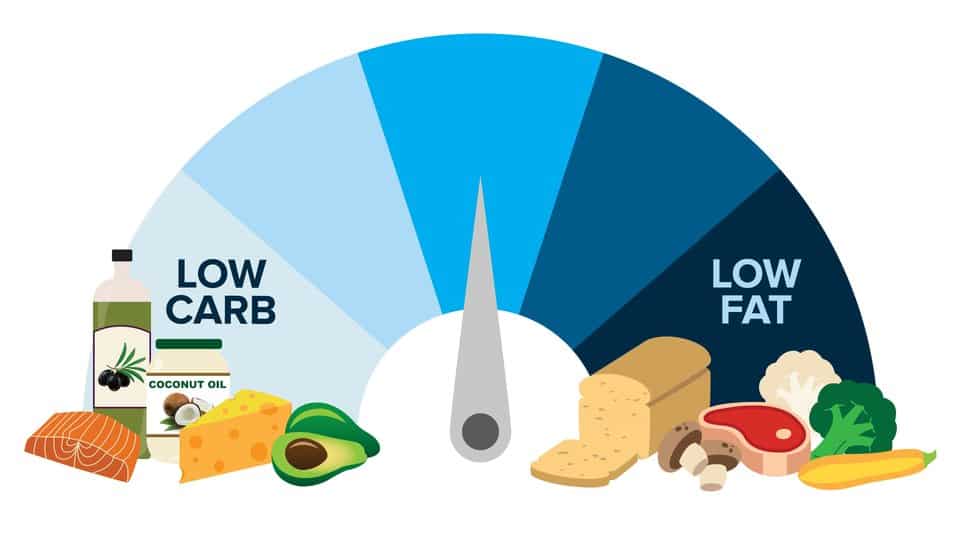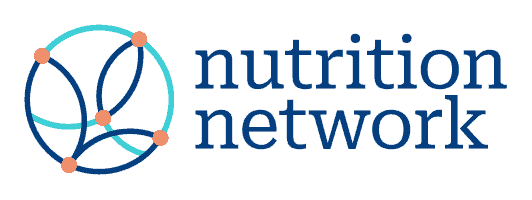
Why can’t people do low carb low fat? Would low carb, moderate fat be more acceptable?
Tamzyn Murphy, RD, MSc (Dist) responds:
There’s only so much protein that you can have per day. From what I’ve read, you can have up to 2-2.3 g protein per kg ideal body weight per day, max. Which means that the remainder of your calories must come from carbs and fat. You don’t want to go high carb. If you’re low carbing, you’ll cap your daily carb intake at 20 -130 g per day, depending on your health and needs. Which means that the rest of your daily calories/energy must come from fat. That fat could be endogenous (stores), or exogenous (food), or likely a combination of the two, particularly once you’re fat adapted.
EXAMPLE:
So, let’s say that your ideal body weight is 60 kg and you’re a female. The MAX protein you should be eating per day is 138g (552 cal). If you want to keep your carbs where you do, at an average of 62 g per day (248 cal) then the rest of your daily energy must come from fat. In your case, you’re eating 495 cal (55 g) fat (approx. 39% of your total daily energy intake). This is fine so long as your carbs and protein don’t increase above the right levels for you. If your fat is moderate and your calories are low (in your case around 1,200) , then your body is likely getting the remainder of its energy from your fat stores… which will be evident by weight/fat loss.
In summary:
If you are already fat-adapted, it’s likely that you can get away with eating less fat, as you’ve tapped into your fat stores and therefore must count endogenous fat utilisation as part of your total daily energy burned. This means that your body will be running at an overall energy deficit – and that deficit comes from endogenous fat stores, thereby allowing you to lose weight.
Regarding low fat dairy. I wouldn’t recommend it. It is more processed, as the fat that’s naturally present has to be removed. Skim milk has not got more absolute carbs per cup than full cream milk. But its total energy is lower than full cream milk. And those calories are coming from carbs and protein, with relatively less fat. So, in order to meet your total daily energy intake, skim milk is contributing relatively more carbs and protein and relatively less fat. So, you have to more strictly limit carbs in other foods you eat during the day in order to stay low carb, and get fat from elsewhere to ensure that you’re not hungry during the day. You may also go over the max 2-2.3 g per kg ideal body weight per day of protein, because you’re eating relatively more protein in the fat-free dairy, without the usual associated fat.
In general, eating fat-free or low-fat dairy makes it more difficult to meet your carb and protein targets, while leaving you hungry.
Kind regards
Tamzyn Murphy, RD, MSc (Dist)
